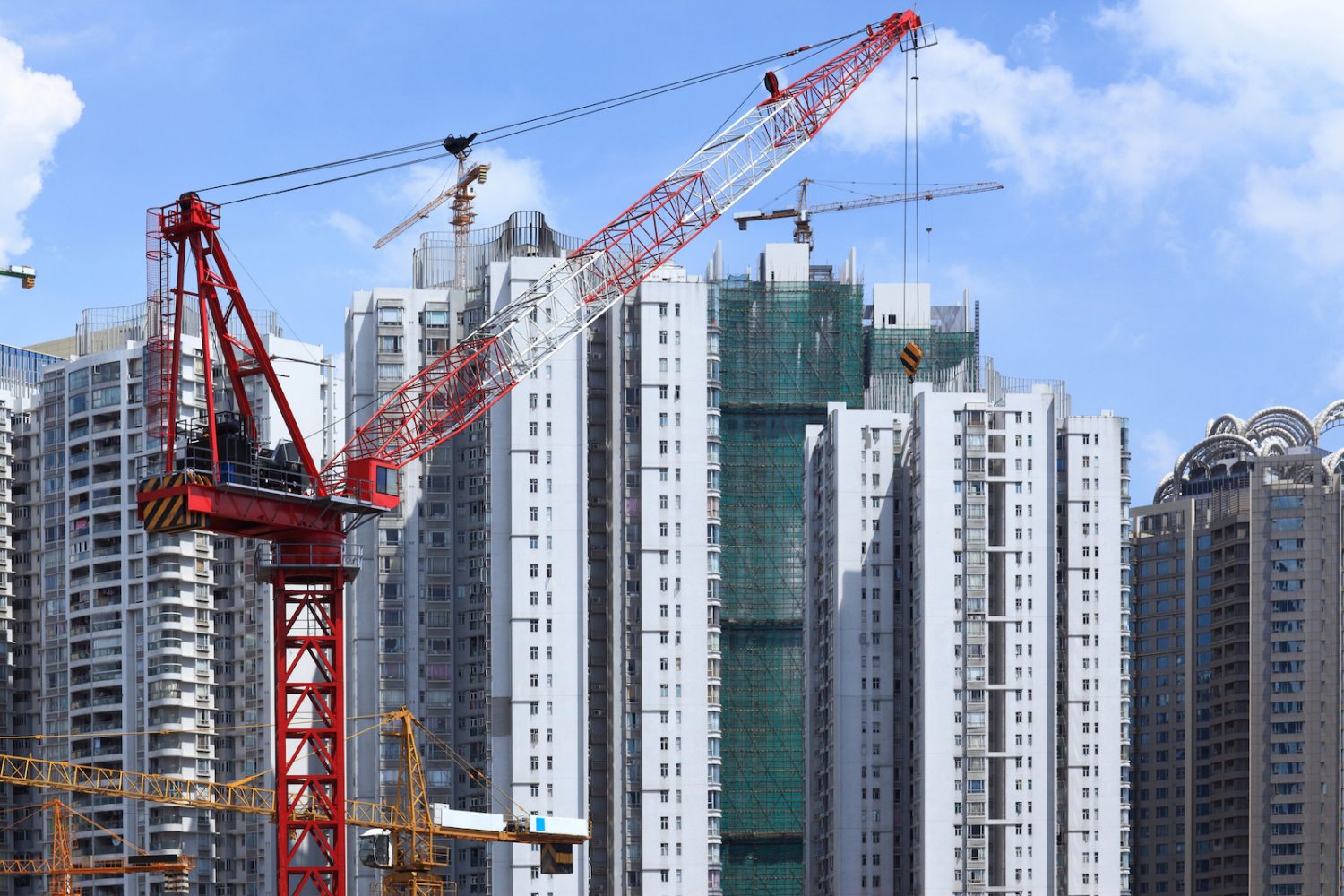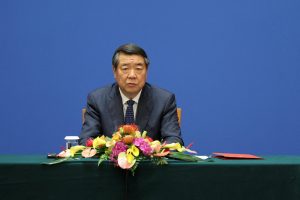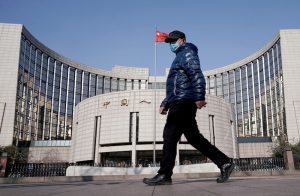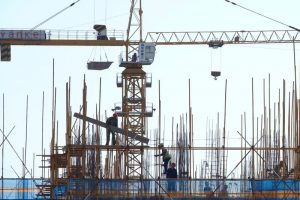Beijing believes ‘houses are for living in, not for speculation’ and is poised to use tax as a tool to pop home prices bubbles in some of its major cities where younger buyers are already being priced out of the market
(ATF) Chinese policymakers have revived efforts to roll out a much-anticipated tax on home ownership as concerns about market speculation come to the fore again and local government seeks more revenue sources.
Experts say Shenzhen city and the southern island province of Hainan could be testing grounds for the tax, with both of them ‘frontier’ areas for China’s reforms.
On May 11, officials from the Ministry of Finance, the Ministry of Housing and Urban-Rural Development, the State Taxation Administration, and the national legislature’s budgetary affairs commission held a seminar to solicit opinions from experts and local government officials on piloting property tax reform, a statement from the Ministry of Finance said.
Also on ATF: Goldman Sachs wins nod for China wealth management JV
The seminar, and a series of articles from the Ministry of Finance in recent months, as Asia Financial reported on May 6, have made clear that work on the new property tax is accelerating, after a two-year silence.
“The meeting is different from the past, it focused on the pilot work of property tax, which has rarely been mentioned by authorities before,” the Security Times said last week.
Despite local governments’ efforts to curb property bubbles, new apartment prices rose in 90% of China’s large and medium-sized cities in April, according to data released by the National Bureau of Statistics.
Levying a property tax could help curtail property speculation by China’s affluent, drive down housing prices, and make apartments more affordable to the young generation. The country’s population is quickly ageing with many young people who can’t afford to buy homes getting married later in life and delaying having children.
LIQUID WEALTH
It will be one way to close the gap between the wealthy and the middle class, in a country where the richest – the so called “high-net-worth people” – account for 0.2% of the population but own 34.9% of the nation’s liquid wealth.
The number of China’s high-net-worth people, each having liquid financial assets worth at least 10 million yuan ($1.6 million), reached 2.62 million as of 2020 year-end, according to a report published by China Merchants Bank and Bain & Company earlier this month.
The southern tech hub of Shenzhen should be the first candidate for the pilot programme, due to its runaway home prices in a heavily speculated market, according to the Security Times, citing Peng Xuhui, a researcher with China’s top think tank, the Chinese Academy of Social Sciences (CASS).
The tax scheme roll-out in the balmy southern island of Hainan would face less resistance for its implementation than many top-tier cities as the Free Trade Port is a frontier for China’s reforms, said Yan Yuejin, who heads the research institute of real estate service provider E-House (China) Enterprise Holdings Ltd.
PILOT PLAN
And Beijing would be ideal for implementing a property tax pilot as the Chinese capital has been a pioneer in new policy roll-outs, Yan added.
Any trial could be promoted in a staged way, with cities with average home prices of more than 30,000 yuan ($4,665.56) per square metre being taxed first, followed by cities with lower home prices, Peng from CASS said.
The central government, for almost a decade, has been mulling a tax on home ownership to uphold the principle that “houses are for living in, not for speculation”. So far, most cities only levy property tax on transactions, which is a one-time charge. An annual tax on home ownership would provide a sustainable source of revenue for local governments, and one more measure to curb property bubbles.
In 2011, Shanghai and Chongqing became the only two cities to levy home ownership tax. In Shanghai, the tax is collected only from families having housing area of more than 60 square meters per person, and it is taxed at a rate of 0.4% or 0.6% of the total property price annually, depending on the apartment’s price per square metre.
HIGH-END SPECULATION
In Chongqing, the tax is focused more on taming investment speculation in high-end properties, with the rate set between 0.5% and 1.2% of the property price annually.
The pilots in the two cities have not yet effectively curbed housing price rises though, probably because of their small scopes and low tax rates, Peng from CASS told Security Times.
The real estate tax in other cities will likely be completely different from what is being levied in Chongqing and Shanghai, in terms of tax base and collection as that involves all related government divisions, from legislation to implementation, experts said.
China’s current market-curbing measures range from land price caps and home transaction restrictions to loan availability.
Read more:
























